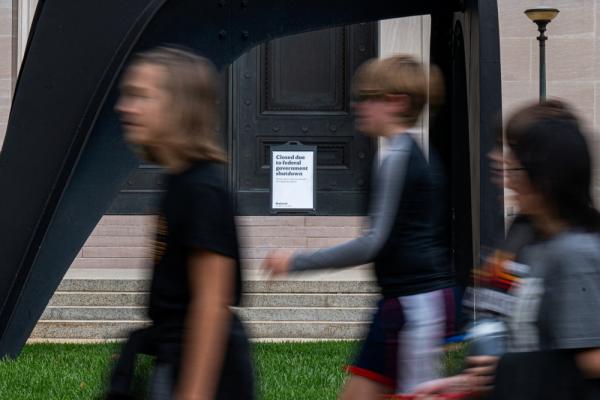As we enter the second week of the government shutdown, paychecks are on hold, flights are being delayed, and the political blame game is in full swing. One way or another, it will end when legislators do what they failed to do in the first place: Pass a spending bill.
Until that happens, I find it’s easy to get lost in the political soup of it all. A nonstop churn of pundits bid for the best take on what the shutdown means, which party will be held responsible, and whether a new spending bill even matters if Congress won’t do its job and enforce. Politicians point fingers, the president posts a racist deepfake, and Washington, D.C.’s bars roll out themed “unhappy hour” menus with discounts for furloughed workers. A round of “Continuing Rye-solutions,” anyone?
Read the Full Article

